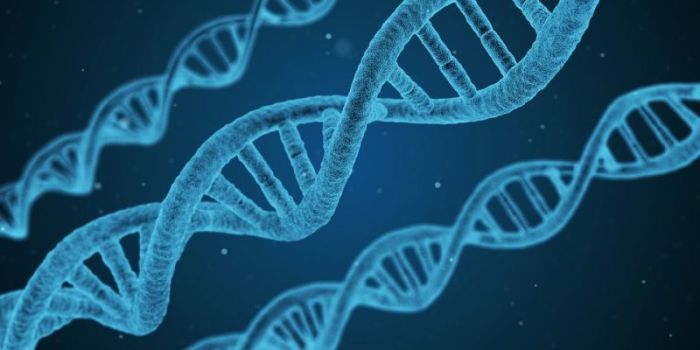90 Percent of Animal Species 200K Years Old, Not Millions, Study Finds

Most modern day animal species emerged within the past 200,000 years, as opposed to the millions of years previously thought, a recently published study in the journal Human Evolution has found.
Titled "Why should mitochondria define species?" and authored by Mark Young Stoeckle of the Program for the Human Environment at The Rockefeller University and David S. Thaler of the University of Basel, the study was published in the January-June edition of the journal.
Stoeckle and Thaler analyzed mitochondrial DNA from thousands of different animal species including humans to note the levels of genetic diversity present.
Stoeckle explained to The Christian Post in a Wednesday interview that they found low levels of mitochondrial DNA genetic variation, which indicated a younger age for when various animal species appeared on earth.
"Our findings challenge the idea that present-day animal species are millions of years old. A short summary of our view is 'life keeps evolving,'" said Stoeckle.
"What we show is that most (90 percent) of animal species have similarly low mitochondrial DNA variation. This is surprising because theory predicts that older species and species with large populations should have more genetic variation. We propose that most present-day animal species, including humans, arose in the past 100,000 to 200,000 years."
In debates over origins, the age of the Earth and when life began are major topics. Young Earth Creationists, for example, believe the Earth and life on it to be several thousand years old. Others, including both Evolutionists and Intelligent Design advocates, believe that the earth and life on it has been around for millions of years or longer.
Neither Stoeckle nor Thaler believe that their research endorses Young Earth Creationism, with Thaler explaining in comments emailed to CP that their research also concluded that their study "challenges the idea that humans are special among animals."
"We studied the amount of a certain type of variation that occurs within each of many thousands of different animal species. We found that measured in this way humans are an average animal species," stated Thaler.
"We humans are used to looking 'close in' and being very sensitive to differences among people. The approach we used allows one to 'zoom out' and see variation in humans on the same scale as variation within other species."




























